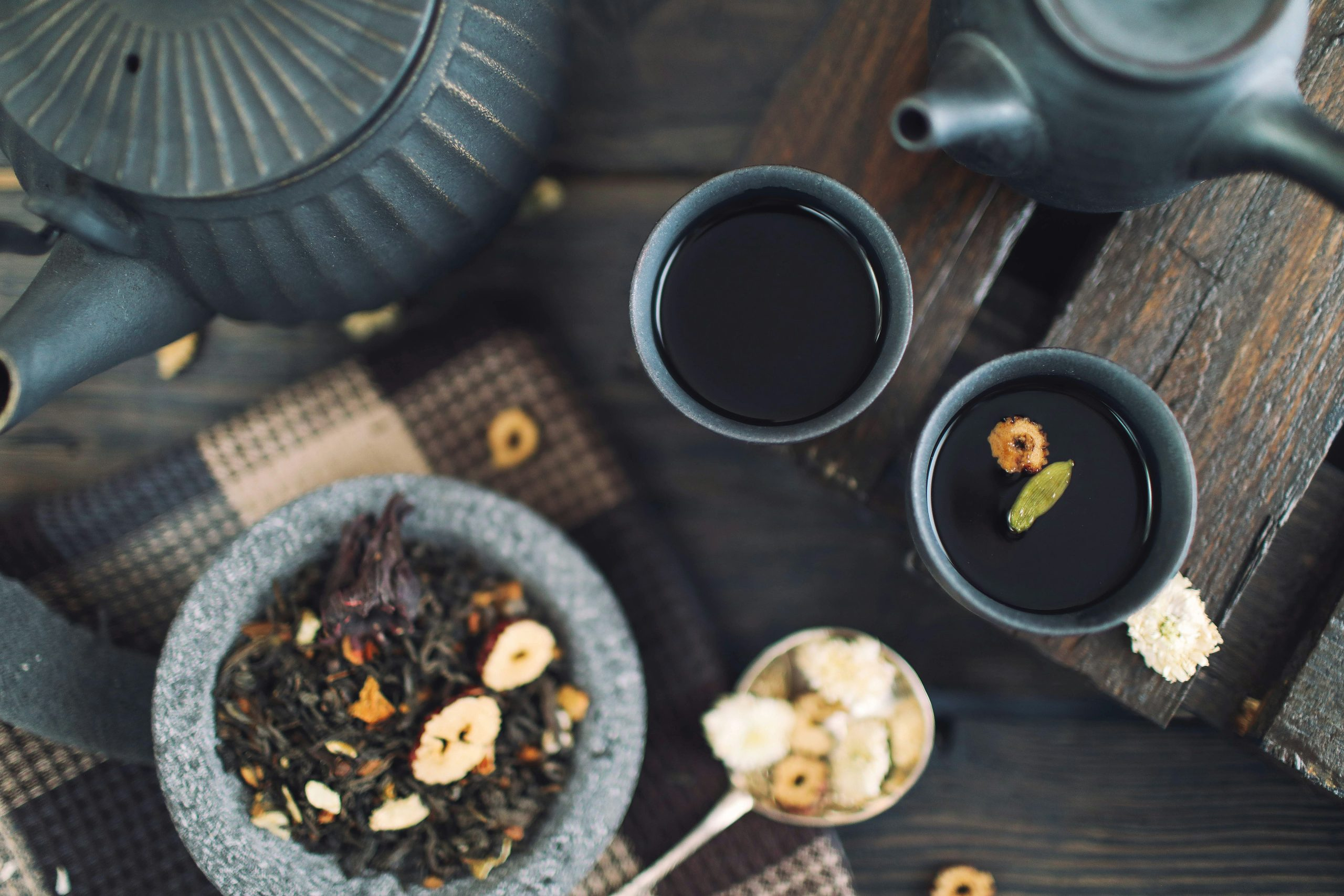Heritage Flavors: Reconnecting With Traditional Recipes
When it comes to food, there’s nothing quite like the comforting flavors of traditional recipes passed down through generations. These dishes, steeped in history and culture, not only provide nourishment but also serve as a source of connection to our roots. In a fast-paced world where convenience often takes precedence, it’s easy to forget the enriching experience of preparing and indulging in heritage flavors. In this article, we’ll take a closer look at the importance of reconnecting with traditional recipes and how they can enhance our culinary journey.
Understanding Heritage Flavors
Heritage flavors refer to the distinctive tastes and cooking techniques that have been preserved and handed down from one generation to the next. These flavors are often deeply rooted in a particular region or culture, making them an essential part of our food heritage. Every country, and even every household, has its own unique flavor profile, often influenced by agricultural practices, local resources, and cultural influences. These flavors represent not just the food itself, but also the customs, traditions, and stories behind them.
The Significance of Traditional Recipes
In today’s fast-paced world, it’s easy to get caught up in the hustle and bustle of daily life. We often find ourselves relying on quick and easy meals that take little effort but may lack the depth of flavor and history that traditional recipes offer. Reconnecting with these recipes not only allows us to savor the delicious flavors of the past, but it also serves as a reminder of our roots and cultural identity. Traditional recipes bridge the gap between the past and present, allowing us to connect with our ancestors and preserve our heritage for future generations.
Preserving Family Traditions
One of the most powerful ways to preserve family traditions is through food. Many of us have fond memories of our grandparents or parents cooking traditional dishes during special occasions or family gatherings. These recipes are often passed down through oral tradition, with exact measurements and ingredients being left to interpretation. In that sense, traditional recipes are more than just a list of ingredients and instructions – they are part of our family history. Through cooking and sharing these dishes, we can keep our family traditions alive and ensure that they are not lost or forgotten.
Reconnecting With Traditional Recipes
Exploring New Flavors
Reconnecting with traditional recipes is not static – it’s an ongoing process of discovery and exploration. Many traditional dishes hail from regions that may not be familiar to us, allowing us to explore new flavors and expand our palates. Whether it’s trying a new spice or cooking technique, traditional recipes offer a gateway to a world of new and exciting flavors. Through these dishes, we can also gain a better understanding of the cultural influences that shaped them, giving us a deeper appreciation for the food we’re consuming.
Bringing Loved Ones Together
Cooking and sharing traditional recipes is also an excellent way to bring loved ones together. In many cultures, preparing and sharing food is a way of showing love and building relationships. By cooking and sharing these dishes, we can bond with family and friends over a common and meaningful experience. Taking the time and effort to prepare traditional recipes for our loved ones not only brings us closer but also strengthens our connections to our cultural heritage.
Conclusion
In a world of fast food and convenience, it’s easy to overlook the value of traditional recipes and the importance they have in preserving our heritage and identity. By reconnecting with these recipes, we can honor our ancestors, preserve family traditions, and expand our culinary horizons. So, the next time you’re in the kitchen, take a moment to reconnect with your heritage flavors and savor the depth of history and culture that they hold. You won’t just be cooking – you’ll be experiencing a part of your heritage.










